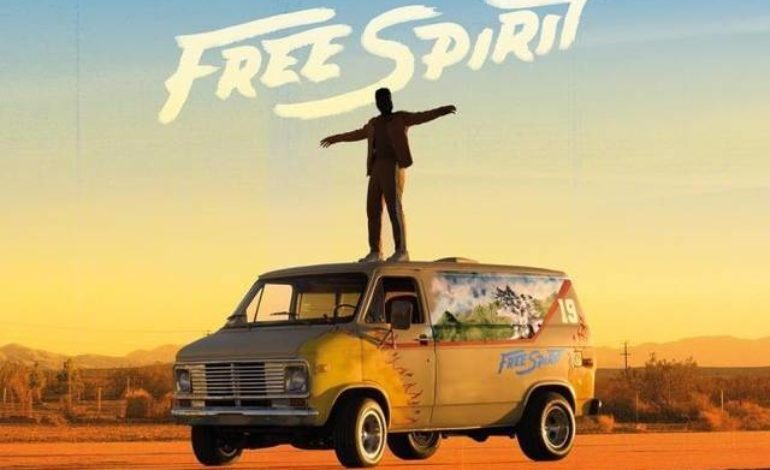

Soundtrack to a smoke sesh
American singer Khalid received a belated 21st birthday present when his second album, Free Spirit, debuted at #1 on the Billboard 200. In his brief career thus far, the young artist has collaborated with other artists to lodge several hits on the Hot 100. Despite fitting snugly into the R&B genre, Khalid has crossed over to pop circles with much success.
For the most part, Free Spirit continues where his first album left off. The main difference is the increase in production value, as Khalid has built more luxurious textures on his new songs. The sound is a pristine modern take on textured R&B. Khalid’s vocals are awash in reverb like a sensual R&B singer’s voice would be. Khalid also does background vocals on nearly every track, which echo each lyrical line. Besides Khalid’s vocals, the main instrumentation in the mix varies between acoustic guitar licks and cute synthesizers. Heavy and steady drum beats form the rhythmic foundation. There is also a piano ballad called “Heaven.”
In terms of texture, the production is good. It is consistently thick and juicy, yet changing up enough to avoid becoming stale. However, because the instrumentation bleeds together a little too much and tries to be as subtle and invisible as possible, it avoids memorability. Like cooking vegetables until they’re mushy, the overdone production loses its flavor.
The best song on the album is the lead single “Talk.” The hook “Can’t we just talk?” simply oozes that classic sensual R&B sound. But the best aspect of the song is the production and how it works in tandem with the vocals. The production uses farty synths that are typically used in UK garage music, and they stand out from other instrumentals on the album. Overall, the production on this song seems more upfront and proud than the album’s other wallflower-like production choices. These synths play off of Khalid’s vocals like they are doing the tango together. This points to an issue with the other tracks on the album: the production and vocals generally lack chemistry. This creates a sense that the instruments and Khalid are each doing their own thing when they are on the same song.
Khalid can sing in tune, and many people would say he has a quality voice. However, he does not have as much command on the mic as say, Usher. Moreover, Khalid never changes up from his mumble-singing style, a style which demands the listener to not pay attention to it. As for the lyrics, they are mostly uninteresting takes on the usual themes of struggles in life and romance. Khalid comes off relatable, but only on basic things like the fact that we all work, or that we all have phones. Khalid’s lyrics do not distinguish him as a person – another singer could hop in and sing Khalid’s words without a hitch.
Another issue is length. This could have been a strong EP of four tracks. Khalid’s sound works best as a cool-down after a hype set of tracks, not the central idea for an entire album. The production prevents this album from becoming a slog, but the music still falls to the background very easily.
Ultimately, this album is pleasant and palatable but is not elevated above that level. Listen to this while doing something else, like enjoying a party, washing the dishes, or smoking with some buddies. Otherwise, feel free to spirit this record to the back of the mind, ready to be forgotten.
